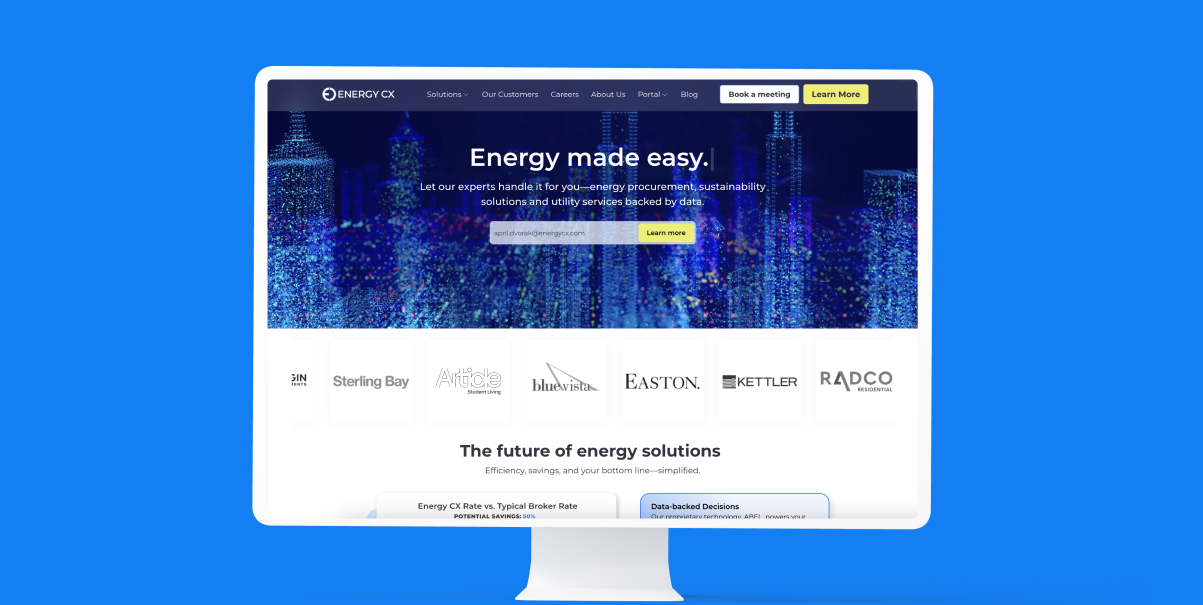Top Sustainability Certifications Your Business Should Consider in 2025
As sustainability becomes a central focus for businesses, the value of recognized environmental certifications is growing significantly.
Whether you're seeking to improve energy performance, meet compliance requirements or satisfy investor expectations, sustainability certifications aligning with the right certification can elevate your brand and your environmental credibility. Here’s a breakdown of three of the most impactful certifications to understand this year.
Leadership in Energy and Environmental Design (LEED)
LEED is a widely recognized green building certification program developed by the U.S. Green Building Council (USGBC). It evaluates a building or project’s performance across multiple sustainability dimensions, including site development, water efficiency, energy and atmosphere, materials and resources and indoor environmental quality.
It offers rating systems for a range of projects, from new construction to major renovations and ongoing operations. Buildings go through a thorough review process and are awarded up to 110 points. The more points achieved, the higher the level of LEED certification, which is comprised of four levels: LEED Certified, Silver Certification, Gold Certification and Platinum Certification.
While it requires a strategic and often resource-intensive effort to achieve, LEED certification can enhance building marketability and tenant satisfaction.
ISO 14001
ISO 14001 is an international standard that provides a framework for organizations to protect the environment and respond to changing environmental conditions. It promotes the adoption of best practices in environmental management, leading to improved compliance with regulations and enhanced resource efficiency.
Companies must implement and maintain an Environmental Management system (EMS) in order to comply with ISO 14001 standards. This includes establishing policies, objectives and procedures to manage environmental impacts. Regular audits are conducted to ensure compliance and improvements. ISO 14001 is designed to be flexible and applicable to various types of organizations, regardless of size, type, or sector.
Global Real Estate Sustainability Benchmark (GRESB)
GRESB has become the go-to Environmental, Social, and Governance (ESG) benchmark for real estate investors and asset managers worldwide. It provides ESG data for financial markets and helps set benchmarks for the real estate industry by evaluating infrastructure and assets.
The process of producing a yearly GRESB report consists of collecting survey data from real estate and infrastructure companies, scoring it based on different criteria and publishing the results. There are four different GRESB assessments: real estate assessment, infrastructure fund assessment, infrastructure asset assessment and infrastructure development asset assessment.
Although GRESB is not technically a sustainability certification, it can be used with other certifications. For example, if buildings in a real estate portfolio have some green certification, they may receive a better GRESB rating.
Bottom Line
Each of these certifications serves a different strategic purpose: LEED focuses on built environments and design-integrated sustainability, ISO 14001 strengthens organizational systems and accountability and GRESB provides yearly ESG assessments to inform real estate investors.
While they can be pursued independently, many organizations opt to layer them for a more comprehensive approach. What matters most is understanding the specific structure of each and aligning that with your business’s long-term goals.



